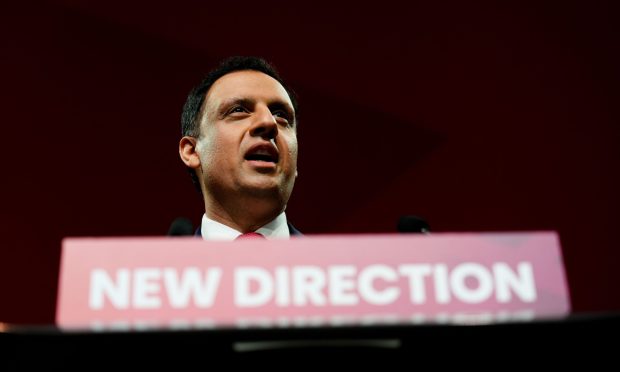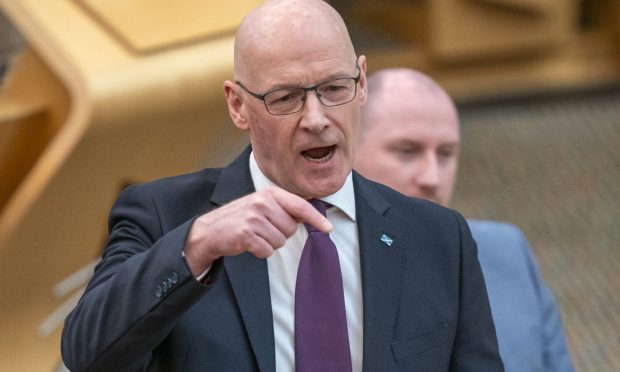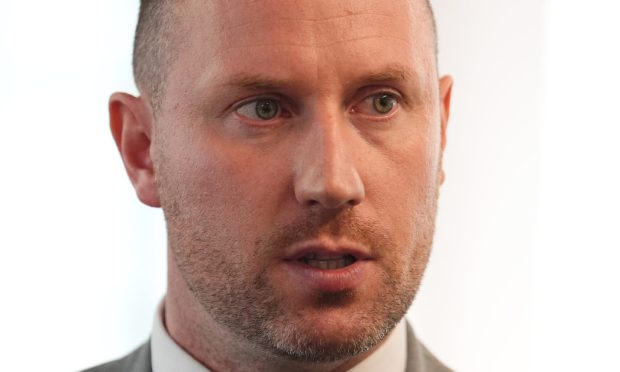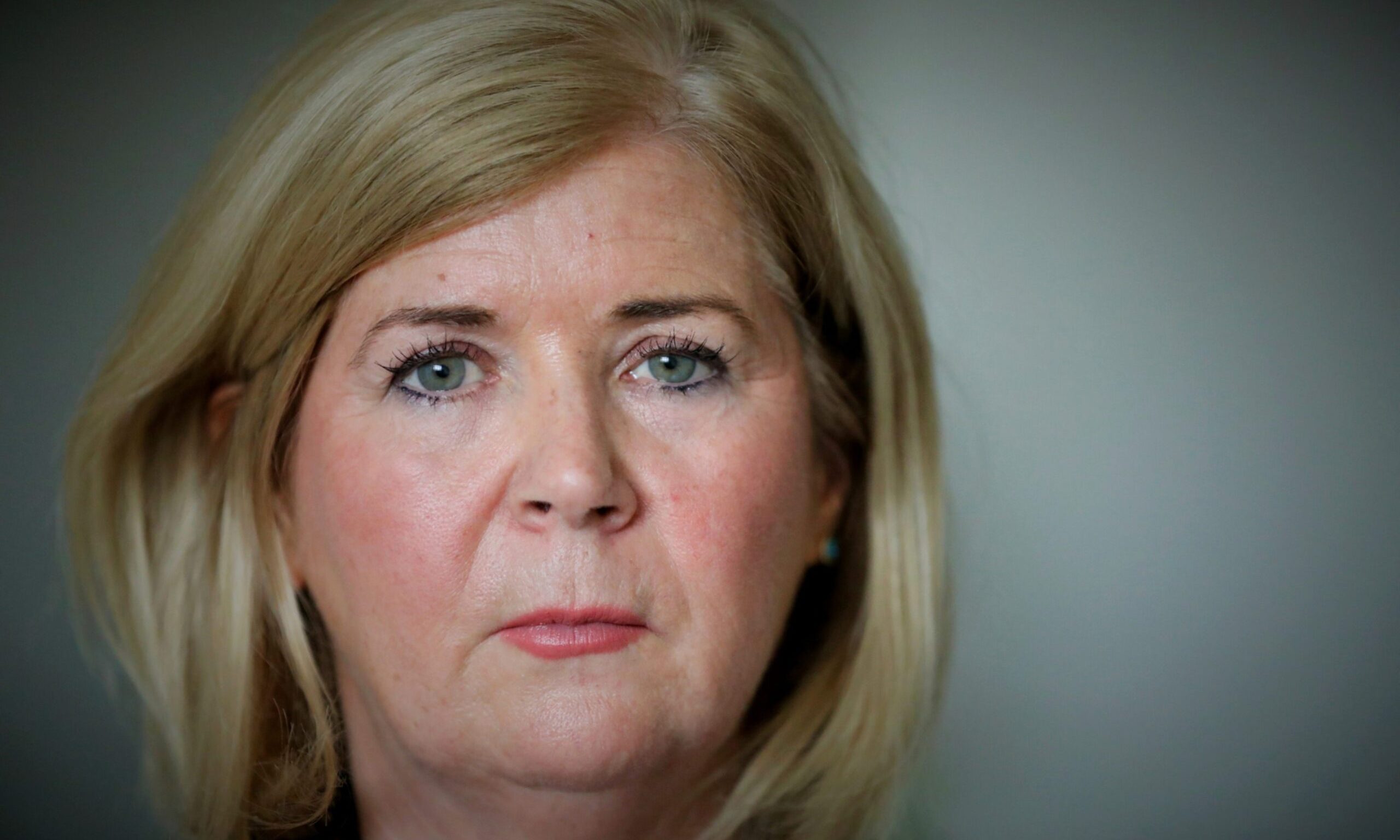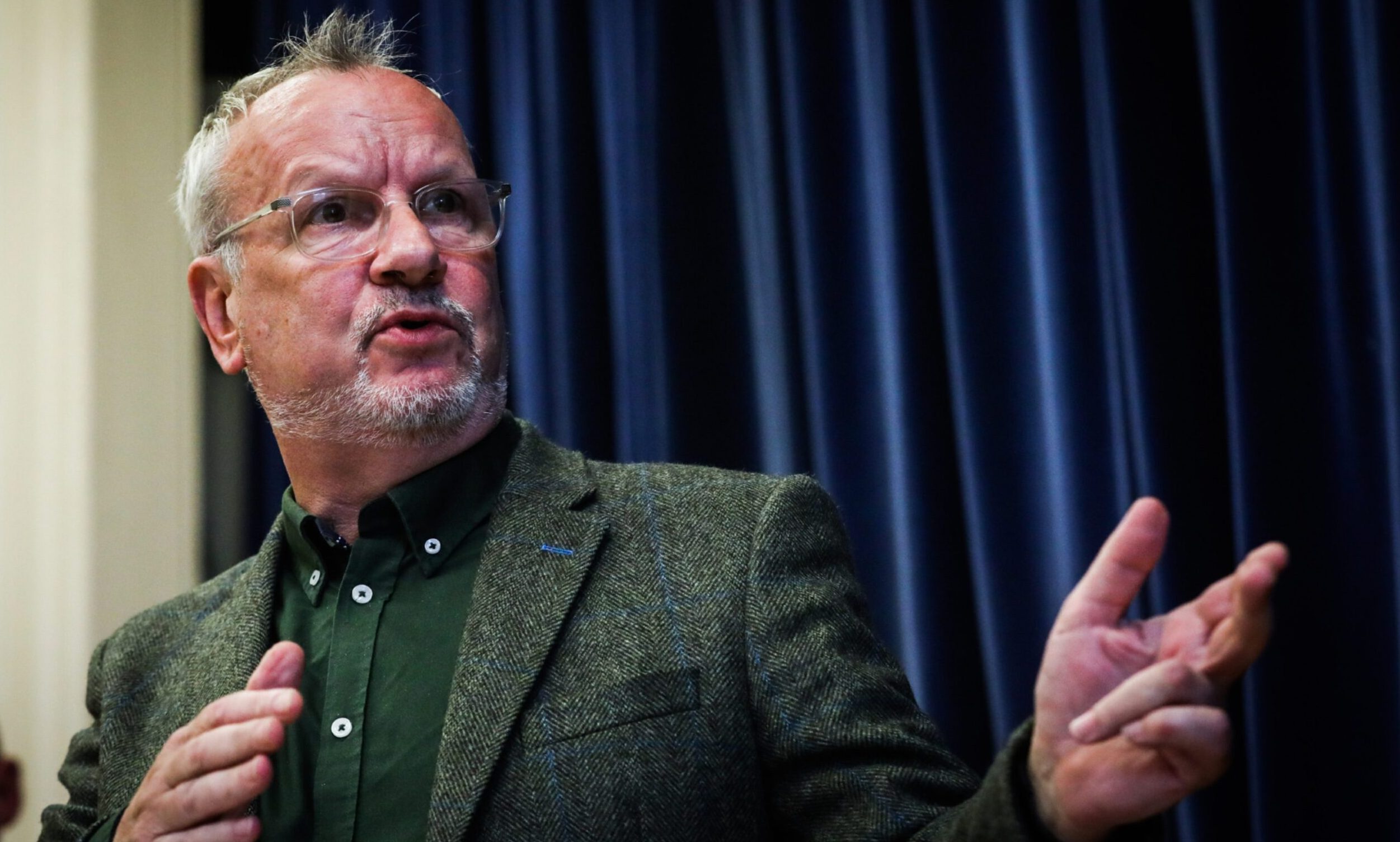Nicola Sturgeon has said she will consider coronavirus tests for offshore workers in the future but her immediate priority is for health and social care staff.
At her daily Edinburgh briefing on the pandemic, the first minister was asked about the oil and gas industry’s calls for testing for those working on oil rigs to keep the lights on.
Ms Sturgeon said the Scottish Government had set “very clear priorities” on the use of testing starting with health and social care workers and the seriously ill.
The Scottish Government has said it is aiming to carry out 3,500 PCR diagnostic tests per day by the end of this month. Ministers intend to continue increasing the number of tests once the target is reached.
Asked about oil and gas workers, Ms Sturgeon said: “If we scale up our capacity we will be happy to have discussions with all of our sectors about whether or not they should be given greater priority but that will be done within a clear framework of our Testing Oversight Group.”
The Scottish Government’s Testing Oversight Group has been established to monitor the allocation of tests.
Trade unions have called for hotel rooms to be used to isolate suspected coronavirus infected workers returning from offshore platforms.
The Offshore Coordinating Group (OCG), which includes Unite, RMT and GMB Union, has called for representative body Oil and Gas UK (OGUK) to “book out” entire hotels for testing. Each hotel should be manned by a qualified doctor and could be funded by industry and government, OCG said.
Oil and Gas UK HSE director Trevor Stapleton said: “NHS workers and frontline carers take priority and we appreciate continued efforts by governments to scale up testing capabilities.
“Our industry stands ready to support any validated testing initiative in order to ensure the health of our critical workforce both on and offshore and to ensure that those of them who are self-isolating are able to return to work as soon as possible.
“The offshore oil and gas sector provides a vital service enabling residential and industry energy demands to be met twenty four hours a day, 365 days a year and its ongoing operation is essential for everyone living in the UK in these challenging times.”



